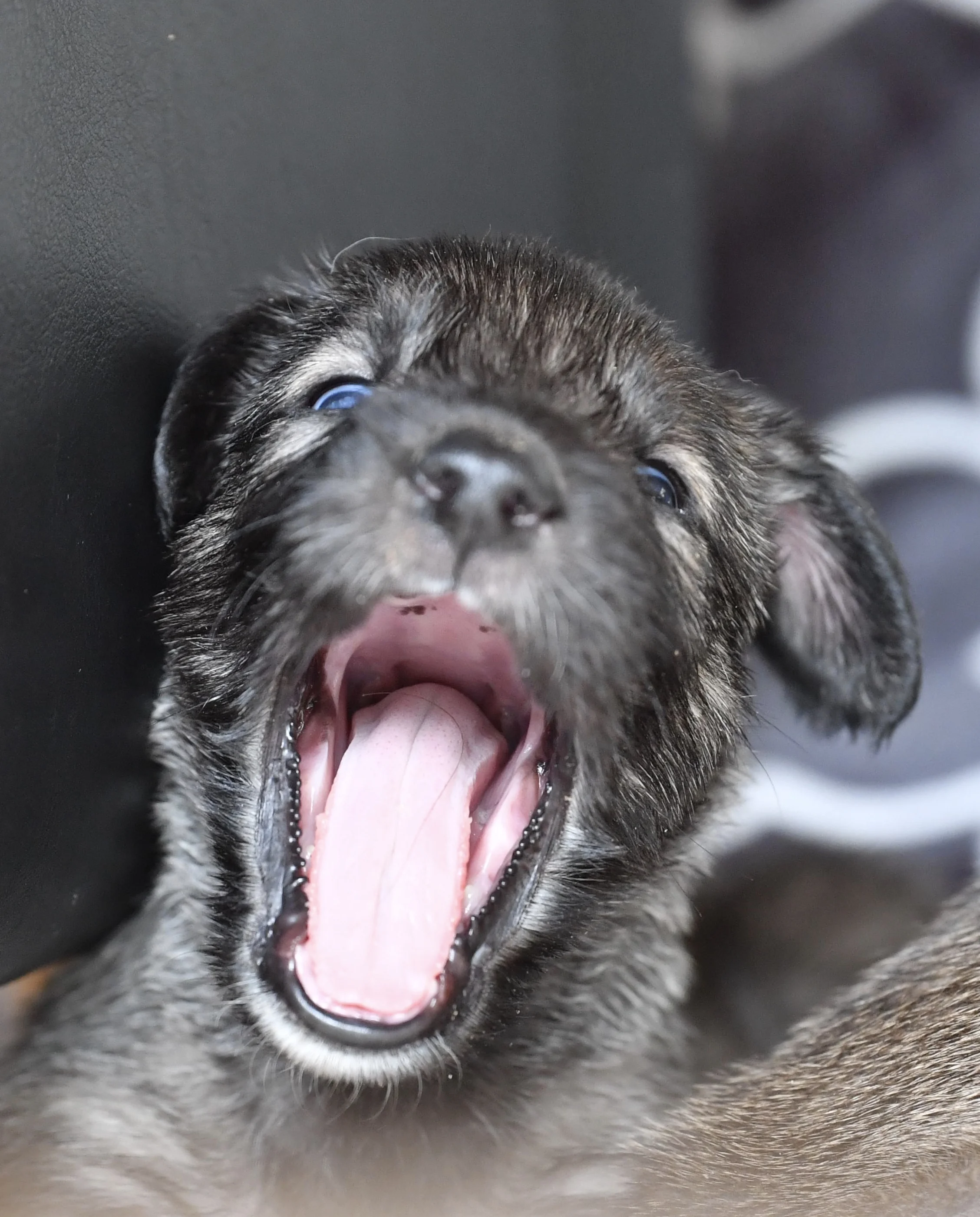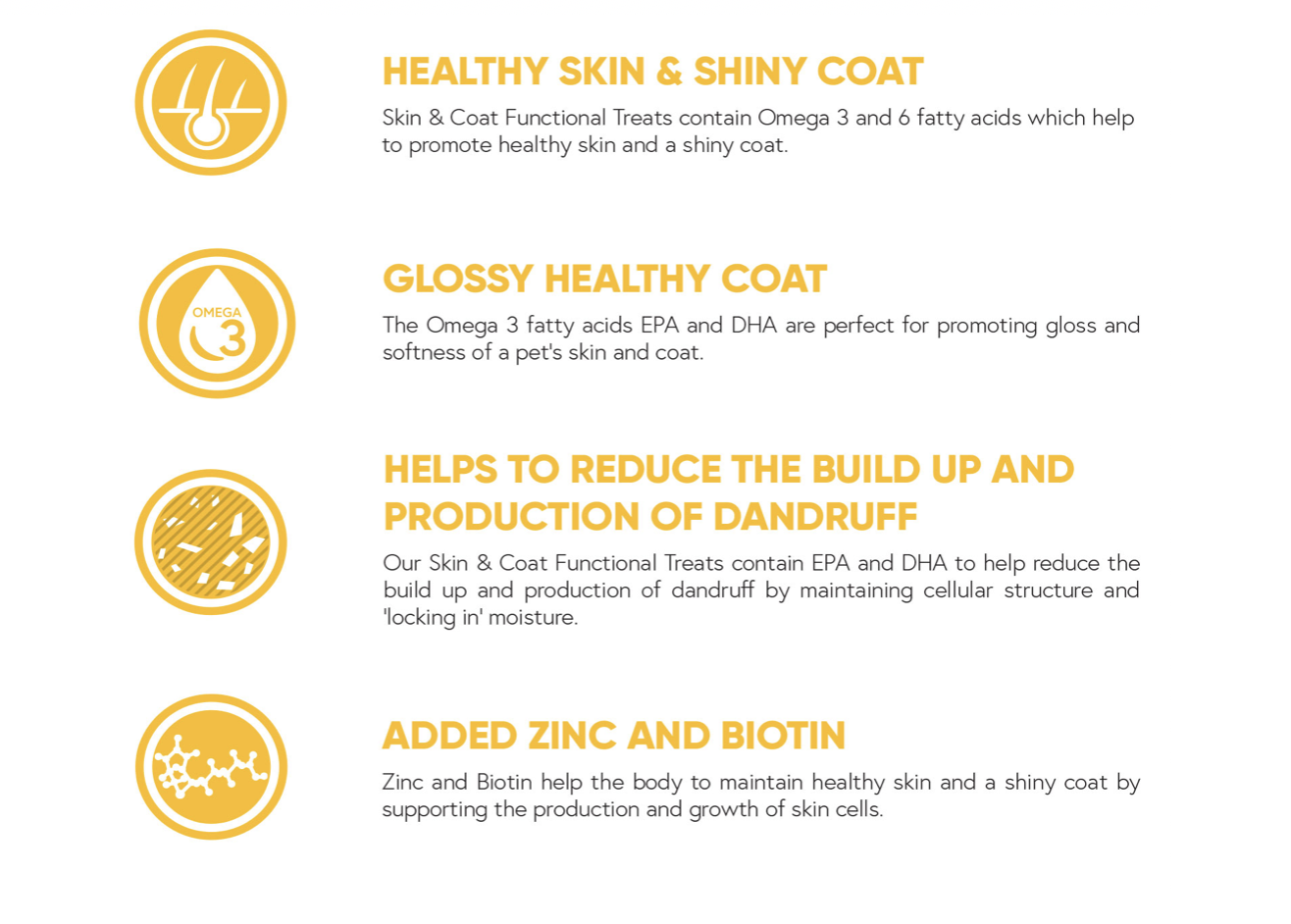I have just had an email from an avid reader of my website who raised the following question :
I've just enjoyed reading your very informative web site particularly the feeding guide. In the section on what to avoid you say not to choose a food that contains peas along with other items such as grains etc yet when I look at the composition of your own brand of puppy food it contains peas! So I'm a little confused. I wonder if you could advise me.
A very salient point reader, and one which I had not explained up until now, but thank you for the opportunity:
“Yes, sadly I had to make a trade-off when requesting a new puppy food.
I had been very unhappy with the transition from a well-known weaner to the Salmon and Potato adult. There was a massive gap. The puppies development, due to inadequate nutritional content of the initial products, was very unsatisfactory. Follow ons had too high a mineral content, not enough fibre, leading to constant scouring, the inability to hold weight and develop bone density, giving bone length instead. Overall the hound looked out of balance. Therefore I was looking for a product to fulfil development up to 12 months at a slow and steady growth rate.
I was extremely concerned about bloat when writing the article, as most other breeders suffered this. However, bloat does not seem to be an issue in my lines, and when rearing, I have endeavoured to keep the burden on the developing digestive system to a minimum, and been pre-emptive.
Having spoken to the manufactures about these issues, and others they developed the puppy food. I have now tried this for a year with excellent results. Both for the whelping bitch and the puppies the transition is seamless. The pups continue on this now for up to a year. At some point, we do add the adult kibble, and it is here that rearing becomes both a science and an art.
I am now also trialling the new 5 Star Range, which is gluten-free and excellent for digestive issues. It appears to be an all-round winner for both adults and pups alike, but I fear it might lead to weight gain in some, as it appears to be a very tasty kibble.
However, as a pet owner, and unless I knew what conditions and issues were in the pedigrees, I would still look for an adult kibble which was low in ingredients which may cause gaseous digestion.
”








